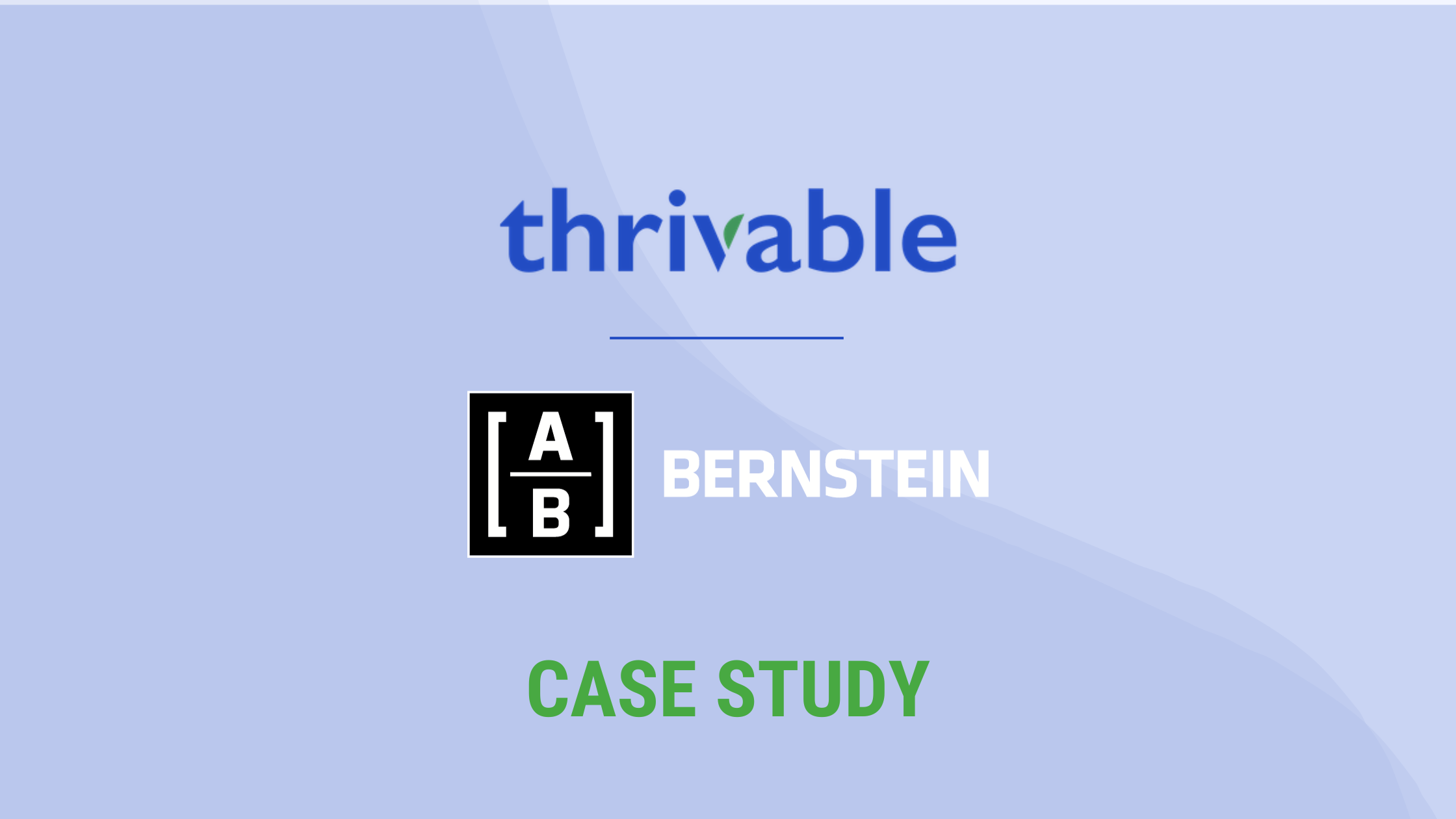Blog
How Building and Maintaining a Database of Diabetes Patients Leads to High-Quality Insights When You Need Them

Adam Zandman
Insights

Imagine a world where every healthcare decision is rooted in patient input rather than guesswork. In such a world, patients receive more personalized care, treatments are more effective, and medical research is streamlined. This is the potential power of a well-maintained patient database. Let’s dive into how building and maintaining the only and most comprehensive diabetes database of patients in the USA can lead to high-quality insights right when needed, empowering healthcare professionals to make informed choices that truly benefit patients.
So why build and maintain a comprehensive database of patients?
At the core of patient-driven healthcare insights lies a robust patient database. This digital repository acts as a well-organized home for basic patient data, from medical histories to treatment outcomes. However, the true power of the database lies in the ease of tapping into these patients for curated patient experience data and insights. It serves as a wellspring of knowledge that informs healthcare decisions, research endeavors, and treatment plans.
Traditionally, healthcare professionals faced significant delays in launching their research projects. They often had to spend weeks trying to fill quotas and searching for eligible patients to participate. This process resulted in time-consuming delays in decision-making. However, with a pre-populated patient database, these professionals can immediately access a pool of vetted patients, eliminating the need for lengthy recruitment efforts and allowing them to kick off research projects as needed.
Patient-Centric Care
Building and maintaining a patient database goes beyond mere data collection. It fosters a patient-centric approach that places the patient's voice at the center of healthcare decisions. This approach ensures that treatments and research efforts align with patients' real-world needs and preferences.
Consider the case of diabetes care. By maintaining a database that includes patients ready to provide insights about their experiences living with diabetes, healthcare providers can better understand individuals' unique challenges in their diabetes journey practically on demand. This insight can inform treatment plans, medication choices, brand preferences, and even lifestyle recommendations, all tailored to the individual patient.
The Competitive Edge of Patient Insights
The benefits of leveraging patient insights extend beyond compassionate care; they provide a competitive advantage. Let's explore this advantage in more detail.
Speed to Market: An established patient database accelerates the rate at which new treatments or products can be brought to market. The traditional recruitment window is significantly shortened because the database already contains potential participants.
Higher Likelihood of On-time FDA Submission: Regulatory bodies like the FDA require quality patient testing (i.e. human factors or clinical trials) and insights to approve new treatments or products. A comprehensive and pre-populated patient database decreases the initial recruitment window and increases the chances of finding qualified patients for any research effort needed prior to FDA submission.
Targeted Marketing: With access to various audience types, marketing teams can craft highly targeted campaigns and test the messaging, creative, and tactic to see if they resonate with patients. This increases the effectiveness of marketing efforts, improving ROI.
Product Testing: With the ability to quickly and easily talk to patients to understand their needs and preferences, companies can create, test, and innovate products faster and have a higher likelihood of success in the market – improving the bottom line.
Sales Excellence: When a product aligns with patient needs, the sales process becomes more straightforward. It's not just about selling; it's about addressing genuine needs, which leads to higher customer satisfaction and loyalty.
The Power of Patient-Driven Decision-Making
Now, let's explore how this patient-driven approach translates into actionable insights.
Personalized Treatment Plans: A patient database allows healthcare providers to create customized treatment plans considering individual medical histories and patient preferences. This results in more effective and patient-centered care.
Clinical Research Optimization: Researchers can streamline their efforts by tapping into a database that provides access to a diverse pool of potential consented patients. This reduces the time and resources required for recruitment and ensures that research reflects real-world patient populations.
Disease Management: Chronic conditions like diabetes can be managed more effectively with access to the patient voice. Tracking patient progress, medication adherence, and lifestyle choices becomes more accurate and actionable.
Early Intervention: Patient databases enable healthcare professionals to identify trends and patterns in patient data, allowing for early intervention and preventative measures.
Patient Engagement: Engaging with patients becomes more meaningful when healthcare providers can reference their specific needs and concerns. This enhances trust and collaboration in the patient-provider relationship.
A few things to consider
Creating and maintaining a patient database is a significant undertaking that requires careful planning, ethical considerations, and time. Here are some key considerations.
Data Privacy: Ensure patient data is securely stored and complies with relevant data privacy regulations like HIPAA.
Patient Consent: Obtain informed consent from patients to use their data and insights that are gathered for research purposes.
Data Accuracy: Regularly update and verify patient data to maintain its accuracy and relevance. Outdated data provides a false confidence and misguided decision making.
Ethical Use: Use patient data ethically and responsibly, ensuring that it benefits patients and healthcare as a whole.
Data Security: Implement robust data security measures to protect patient information from breaches or unauthorized access.
Building and maintaining a patient database is a game-changer for the healthcare industry. It empowers healthcare professionals with timely access to crucial information, fosters a patient-centric approach, and provides a competitive edge. Through patient-driven decision-making, patients receive more personalized care, researchers advance medical knowledge, and the healthcare industry as a whole evolves toward a brighter and more efficient future. The era of patient-driven healthcare has arrived, and the possibilities are limitless.
If you’re interested in tapping into our diabetes database containing 50+ data points on each patient and caregiver, and pairing those panelists with Thrivable’s expertise in diabetes to confidently run your next market research project or recruit for human factors or clinical trials, feel free to set up a call with our team.
About the author

Adam Zandman
Adam, Thrivable's Marketing Director, is a passionate advocate for improving the patient experience, driving companies to prioritize the patient voice in their decisions
Related Content
-

-

Case Study
Case Study: How Bernstein is Reshaping the Way Investors Think about Diabetes MedTech
Market Research
-



